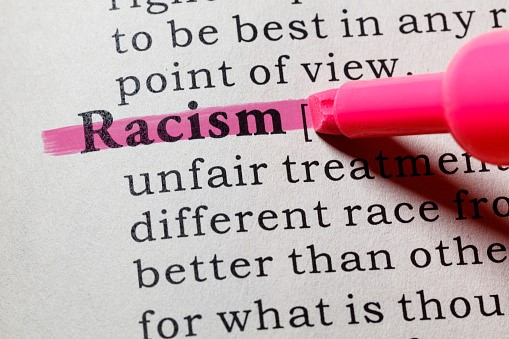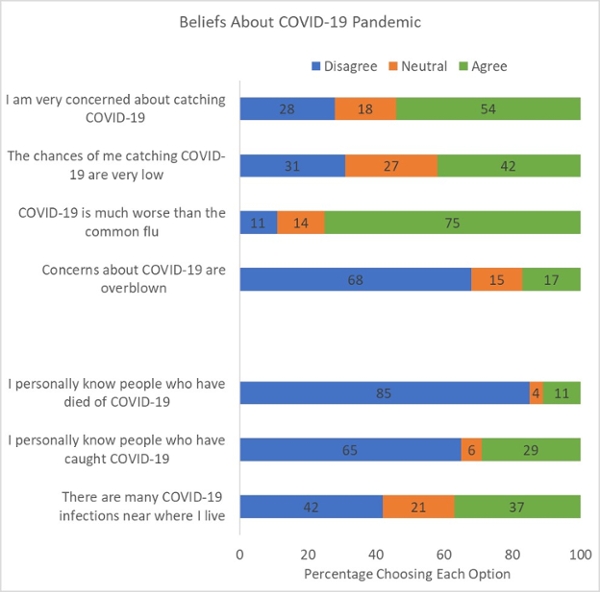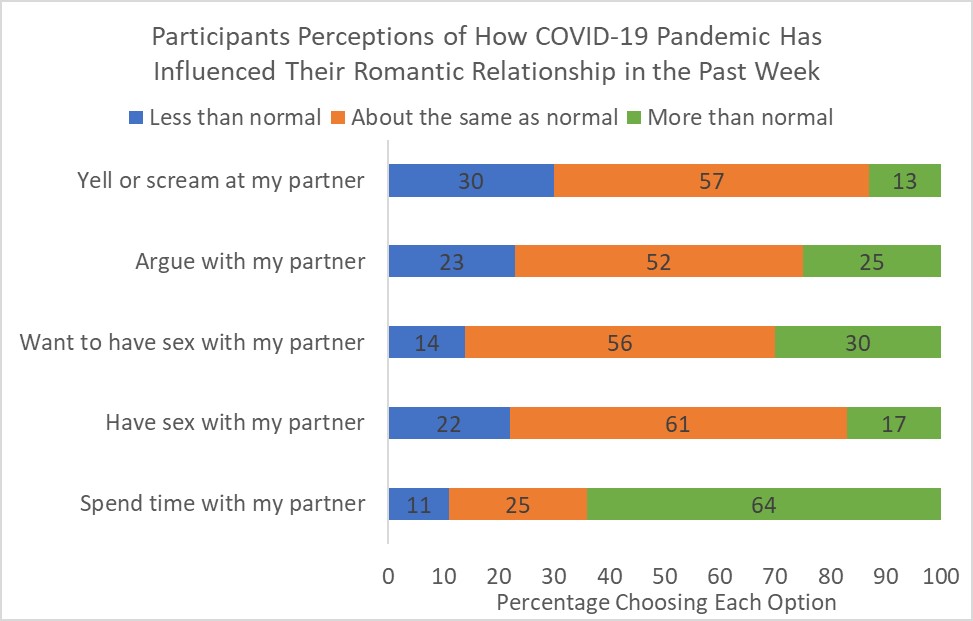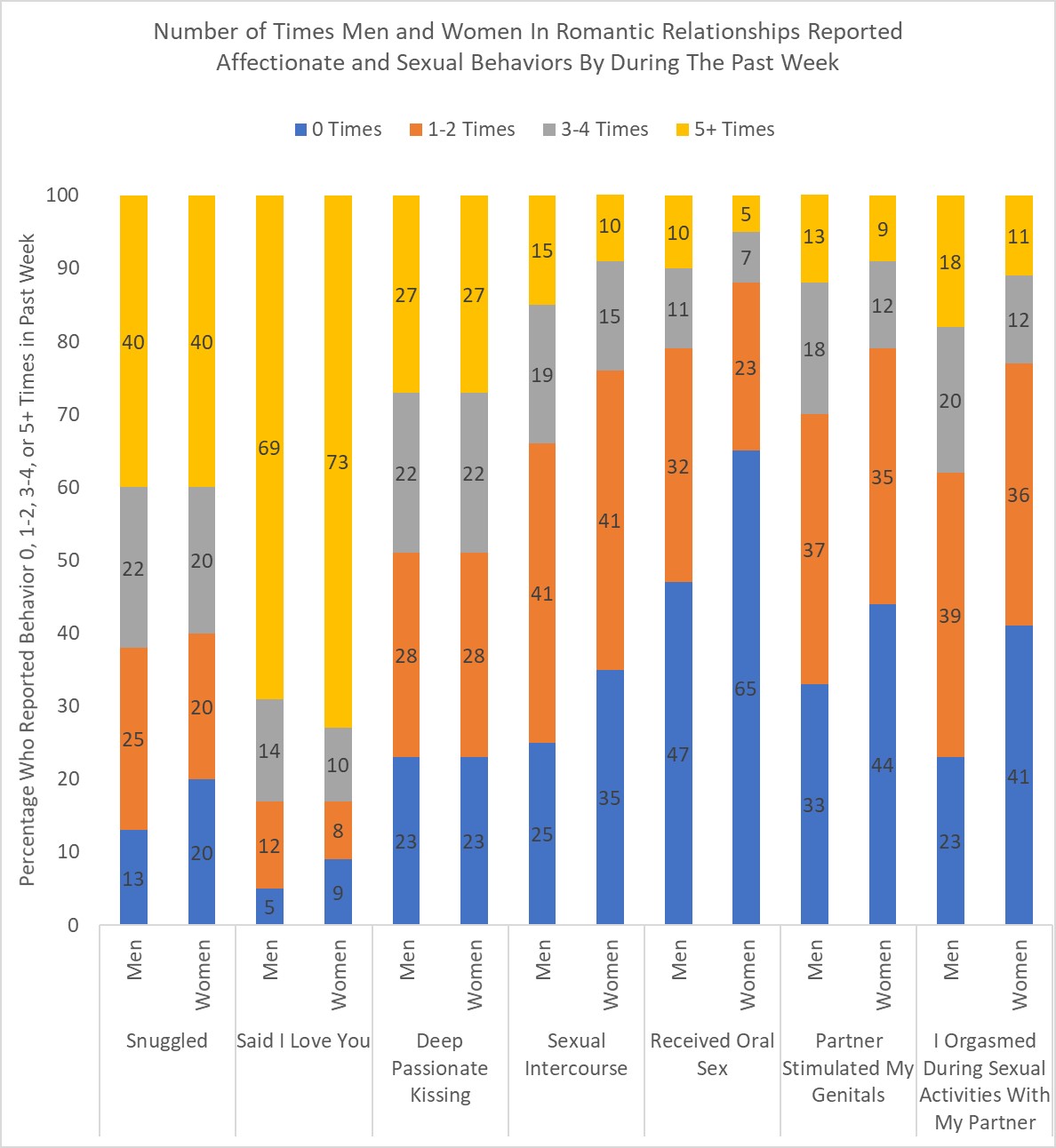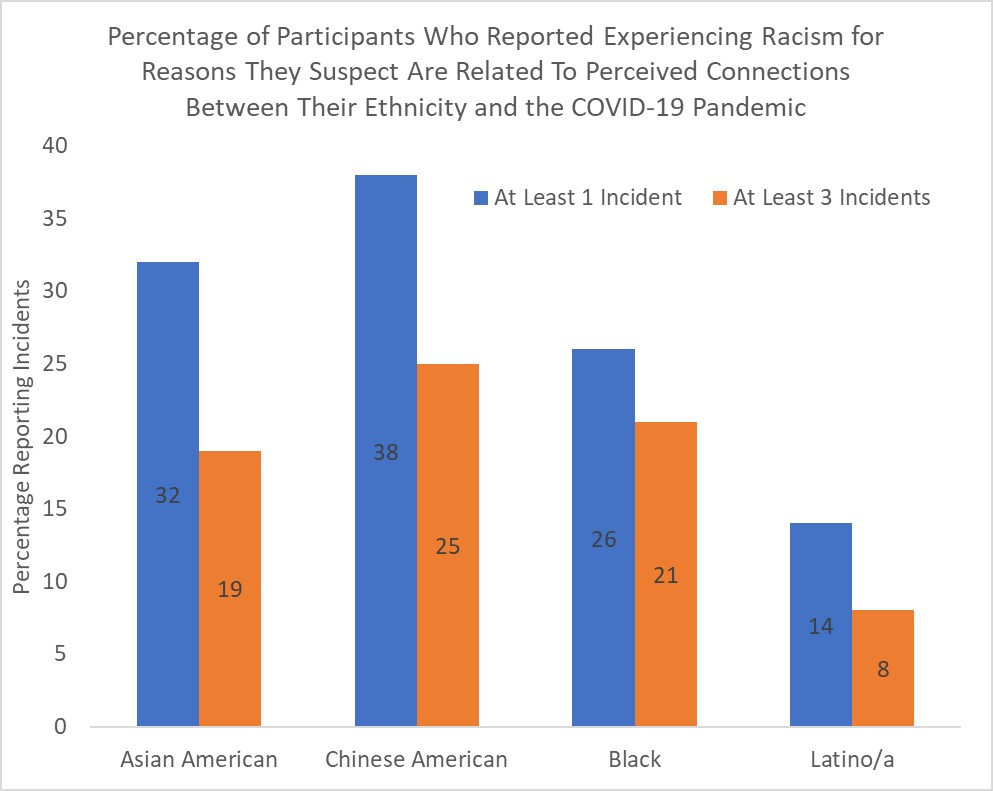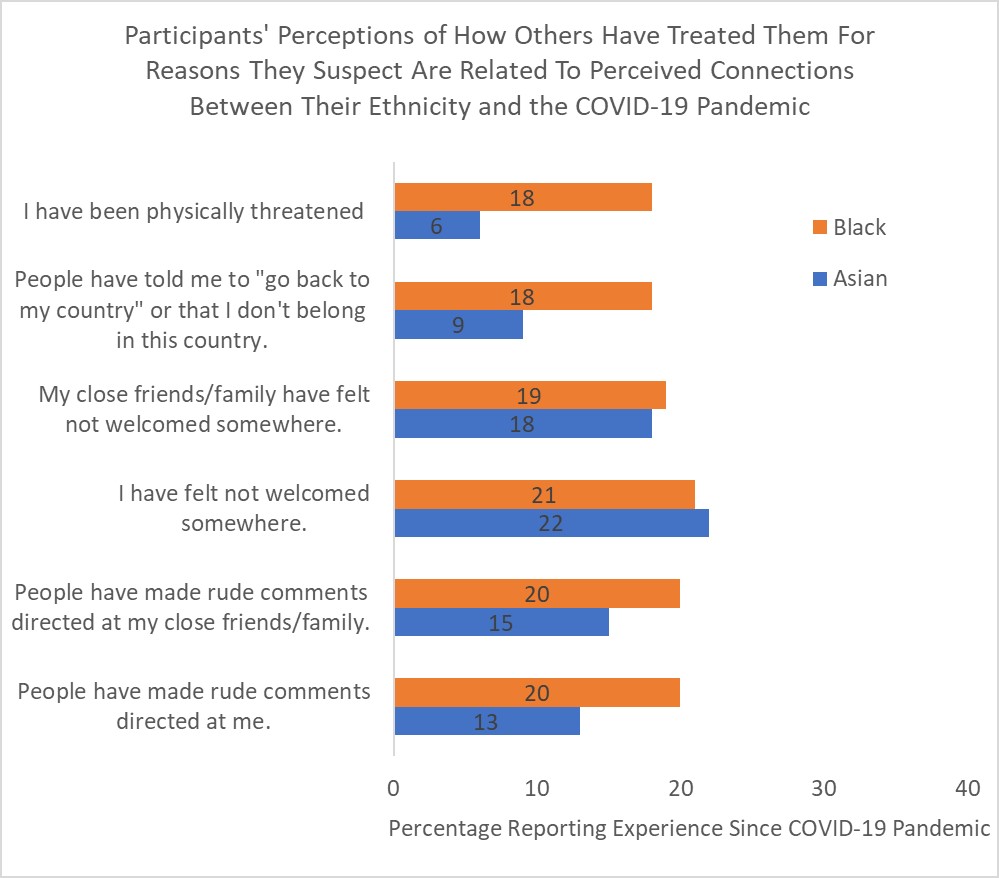RELATING TO THE FINDINGS THAT PEOPLE ARE EATING LESS HEALTHY AND EXERCISING LESS:
COVID-19-induced interruptions to daily patterns likely play a role in the changes in eating and exercise behavior reported by roughly 2/3 of respondents. Stable environmental contexts are a prerequisite for habits and as a result, life events that eliminate familiar contextual cues are favorable for disrupting existing habits, both healthy and unhealthy. Whether someone’s work lunch consists of a trip to the gym or a visit to the fast-food restaurant around the corner, this pattern is broken without going to the office. When attempting to build new, positive habits at home, piggybacking desired behaviors onto existing in-home habits can be an effective strategy. Have a piece of fruit after your morning coffee or take a walk around the block after taking out your trash." said Dr. Vincent Berardi, a computational health scientist who conducts research on how to get people to engage healthier behaviors.
RELATING TO THE FINDINGS THAT PEOPLE IN FRONTLINE JOBS DID NOT PERCEIVE GREATER OVERALL RISKS TO COVID-19 THAN OTHERS: "It could be the case that some people go into work in these jobs because they perceive fewer risks of it being dangerous. The opposite could be true as well, that doing these types of jobs makes people feel more confident about infection risk. “Common sense usually leads us to think that behavior follows emotion – for example ‘we run because we are afraid.’ But research in emotion going back to William James at the turn of the last century, and cognitive dissonance research in the 1950s suggests that the opposite is often true, that ‘we are afraid because we run,’” says Dr. David Pincus, a clinical psychologist who studies psychotherapy and resilience.



